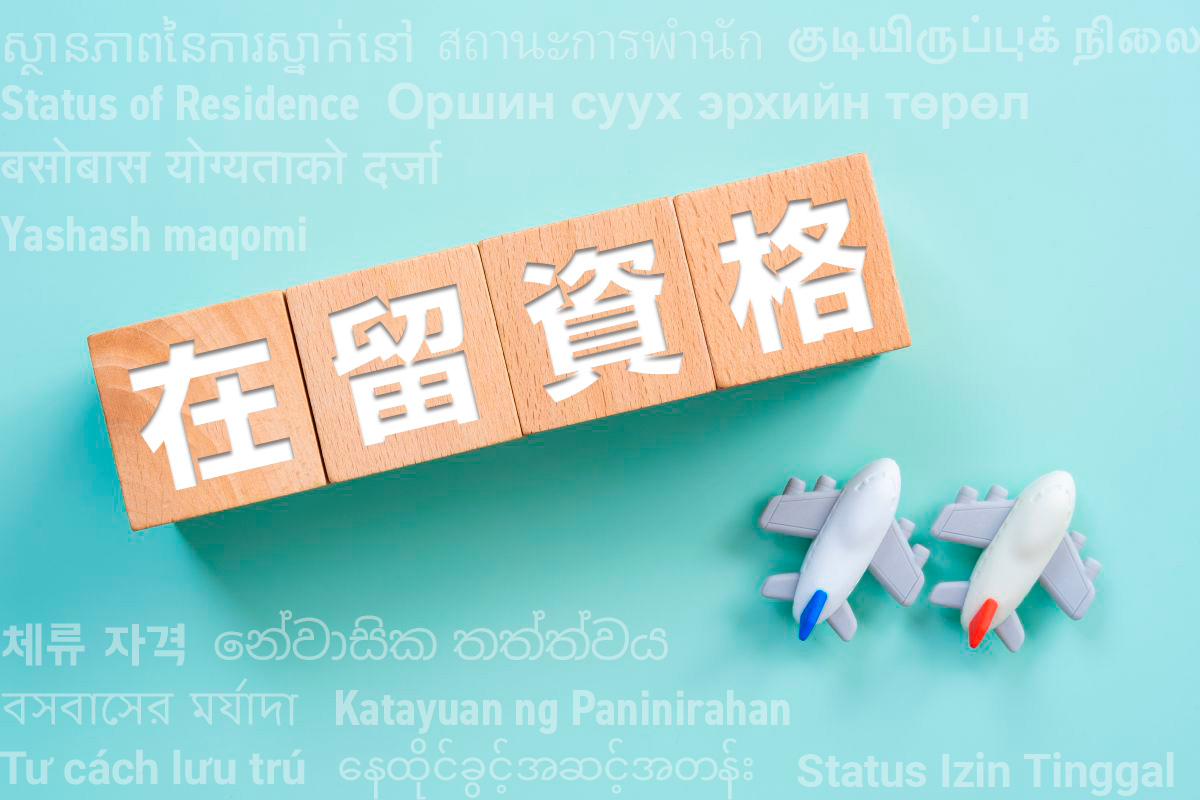- やさしい日本語
- ひらがなをつける
- Language
We provide multilingual content through machine translation. Translation accuracy is not 100%. About the multilingualization of the JAC website
- About JAC
- JAC Membership Information
- Specified Skilled Worker Acceptance
- Specified Skilled Worker Overview of the system
- 10 Mandatory Assistance for Foreigners
- Online individual consultation
- Seminar on Coexistence with Foreign Nationals
- Leading examples of host companies
- Case studies collection "Visionista"
- Foreigner's Voice
- Foreign Resident Acceptance Manual / Q&A
- Useful column "JAC Magazine"
- Acceptance support services
- Specified Skills Acceptance Support Service
- Health and Safety "Online Special Training"
- Safety and health “skills training”
- "Temporary Return Support" to ease the burden
- CCUS charge support
- Free Japanese language courses
- Education and Training Support
- Subsidy system for obtaining qualifications
- Support system for promoting the accumulation of employment history
- "Post-acceptance training" to deepen understanding of the system
- Compensation system for Specified Skilled Worker (i)
- freeJob matching
- The Specified Skills Evaluation Exam
- Home
- JAC Magazine
- JAC Initiatives and Activities Report
- Report on the "Foreigner Coexistence Course 2025" Intercultural Understanding Course (1) for Japanese Employees
- Home
- JAC Magazine
- JAC Initiatives and Activities Report
- Report on the "Foreigner Coexistence Course 2025" Intercultural Understanding Course (1) for Japanese Employees

Report on the "Foreigner Coexistence Course 2025" Intercultural Understanding Course (1) for Japanese Employees
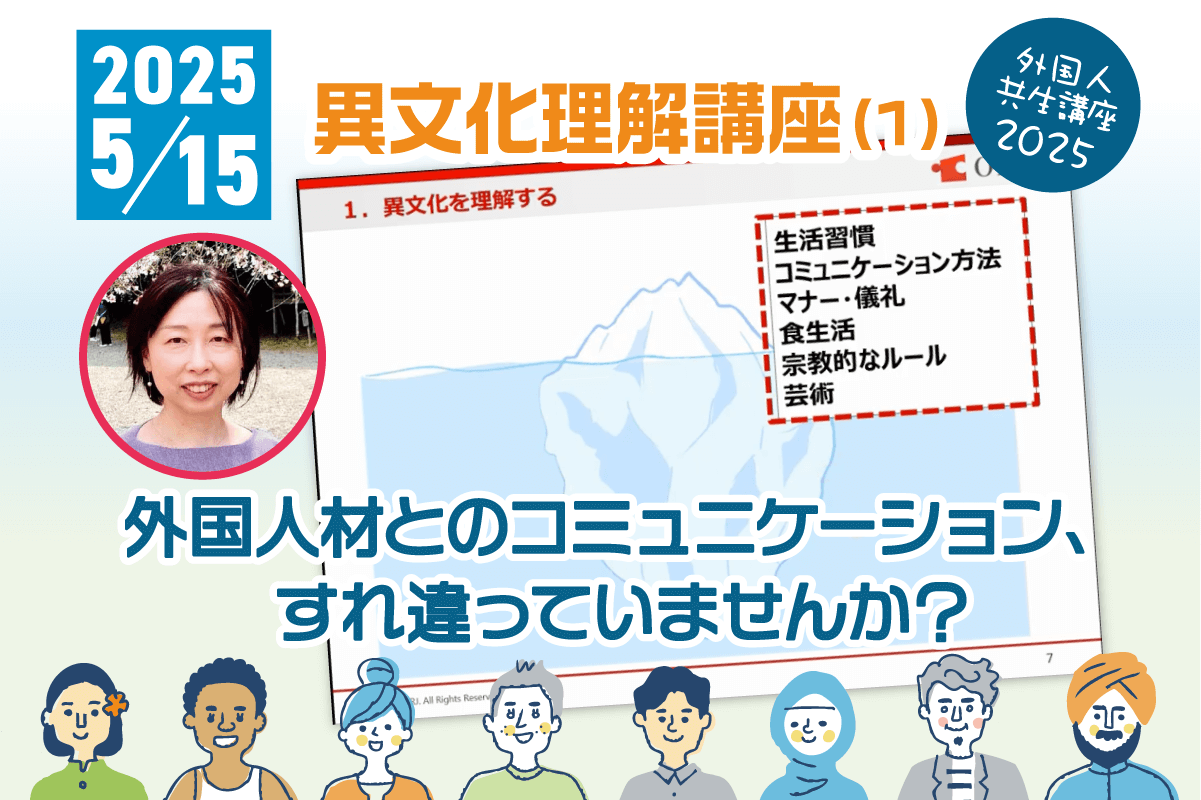
Starting in May 2025, JAC will hold a total of six courses for Japanese employees on coexistence with foreigners.
This course is a further brush up on the "Plain Japanese Course," which was very popular in FY2024, and has been designed to reflect the voices of people close to the field.
The first "Intercultural Understanding Course (1)" was held on May 15, 2025.
We will report on the course.
Understanding Different Cultures
On Thursday, May 15, 2025, we held the "Intercultural Understanding Course (1)," which was attended by 280 people.
This course was taught by instructor Yoriko Shiraishi of ORJ Co., Ltd.
First of all, there was a talk about different cultures.
The differences in values between Koreans and Japanese people were explained using the example of holidays.
According to Lecturer Shiraishi, "understanding different cultures" means:
“Culture has visible and invisible parts, and there are reasons for the invisible parts.
"The first step in understanding a different culture is to try to understand the invisible parts."
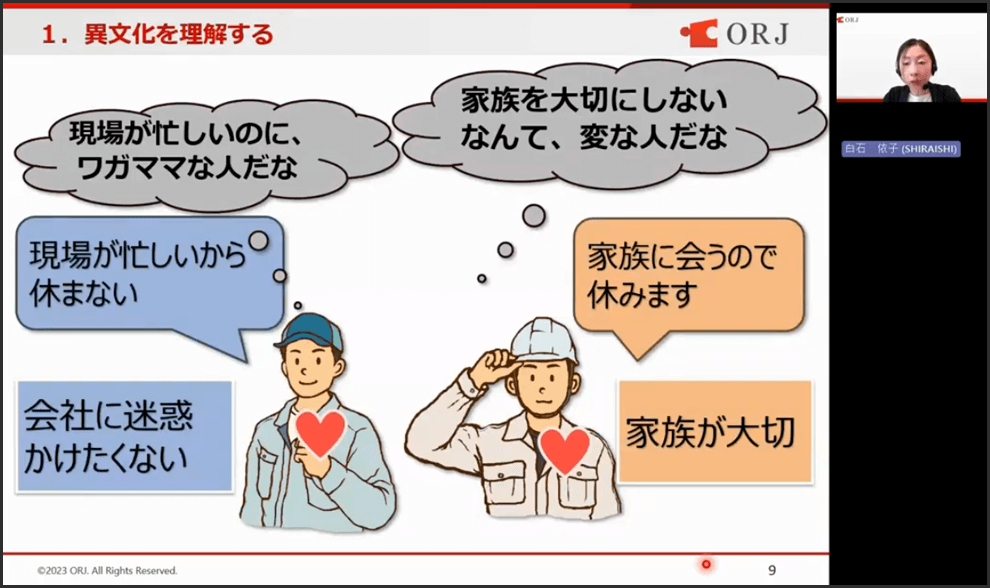
Several examples of common problems caused by cultural differences were introduced.
Among them, "preferences for perfume, etc." was a very easy-to-understand example.
Japanese people prefer perfumes that have a subtle scent, but people overseas prefer perfumes that have a strong lingering scent, so I could imagine some minor problems caused by the smell of perfume.
When I think someone's perfume is too strong, I feel that by telling them to "keep it light," we can come to understand our differences in values and find a solution.
In addition, two foreign workers who appeared as special guests at this lecture said, "When (Japanese people) feel uncomfortable with our behavior, we would like them to let us know."
There was also an explanation of some things that foreigners don't understand when working with Japanese people.
- I can't take action unless I understand, so please tell me the reason why I will be scolded (or reprimanded).
- Japanese people pay attention to small details. In my home country, I sometimes think, "You don't need to worry about that much."
- There is often a lot of emphasis on small details and silly rules.
- I understand the importance of following the rules, but even Japanese people don't follow them.
Does any of you have any idea?
Why do we say "I understand" when we don't?
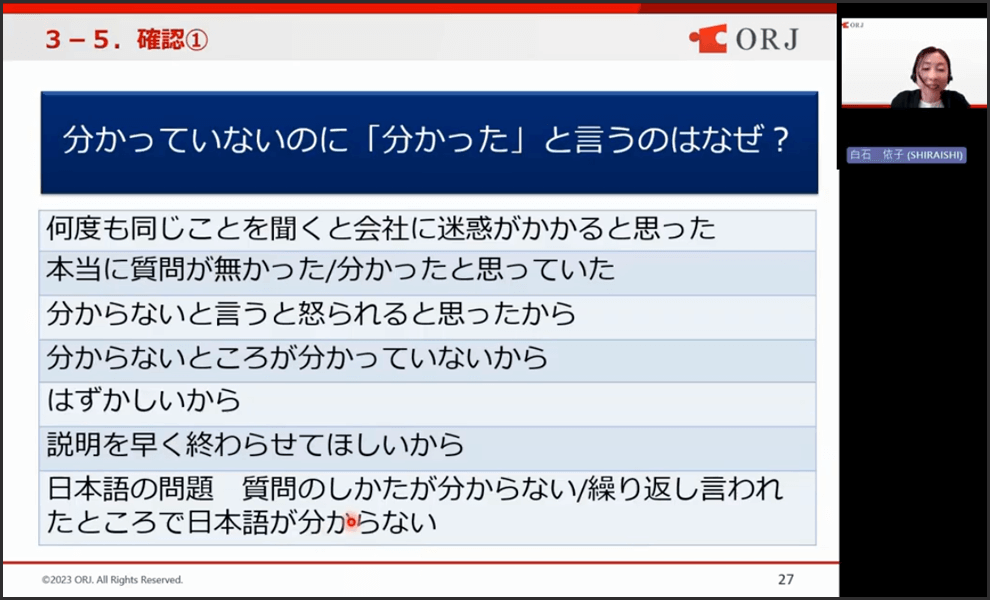
Why say "I understand" when you don't understand?
Reasons given included being afraid of causing trouble for the company by asking multiple times, thinking they would be scolded even if they didn't understand, feeling embarrassed, wanting to finish quickly, and problems with the Japanese language.
Certainly, if you say "I don't understand" and then don't understand the instructions even when you are given them, then you won't understand.
If you think about it from the other person's perspective, it makes a lot of sense.
So, if you are instructed in a different language in another country, stop and think for a moment.
I think you will naturally speak in words that are easy to convey Plain Japanese = .
Initiatives for intercultural understanding
Finally, as examples of intercultural communication, they introduced things that foreigners found enjoyable and examples of in-house activities that everyone could enjoy even if they couldn't communicate through language.
- I was given a special day off for an important event.
- Lunar New Year (Vietnam/China)
- Christmas (Philippines)
- Festival of the End of Ramadan (Islam)
- He found us a Vietnamese bento delivery service.
- Cafeterias now display labels on menu items that contain pork.
- I enjoyed the sports competitions, watching sports, and the karaoke competition.
This time too, it was a very informative course.
Cultural differences exist in invisible places, so listen to the other person's opinion and express your own.
Doing so was the first step towards understanding different cultures.
We received many requests in the survey, so we have prepared a Q&A collection based on some of the questions and answers about this course.
Please use this along with the materials and videos as a supplement to your understanding of different cultures.
"Lecture on Coexistence with Foreign Nationals 2025" - Missed broadcasts, materials, etc.
In FY2025, JAC will hold a total of six "Foreign Symbiosis Courses" for Japan employees.
Starting with "Cross-Cultural Understanding", the three themes of "Plain Japanese" and "Life/Transportation Guidance" will help you acquire the knowledge and responsiveness necessary to coexist with foreign human resources.
In the course, we try to communicate in both directions unique to live streaming.
There will also be a question time, so please join us!
"Foreign Coexistence Course 2025" for Japan Employees
お問合せ:(株)ORJ 担当:三浦
e-mail:
Tel:
090-3150-0562
This article is a report on the "Intercultural Understanding Course (1)" of the "Foreigner Coexistence Course 2025" for Japanese employees, which was held on Thursday, May 15, 2025.
Seminar Video
Seminar Materials
Seminar Materials_Intercultural Understanding Course(1)250515.pdf
Q&A_Intercultural Understanding Course (1)250515.pdf
Report on the "Foreigner Coexistence Seminar" for Japanese Employees
I wrote the article!
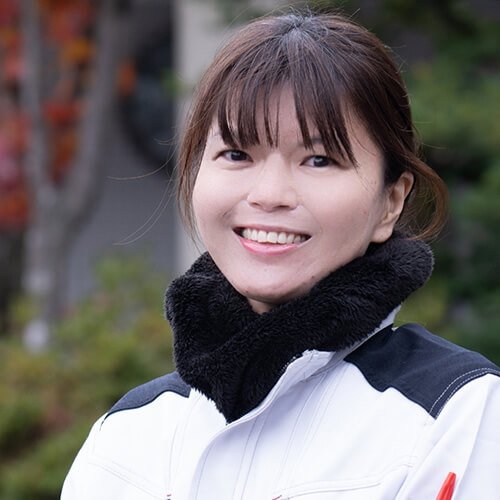
Japan Association for Construction Human Resources Manager, Management Department (and Research Department)
Motoko Kano
Cano Motoko
Born in Aichi Prefecture.
He is in charge of public relations, research and investigation, and is the person behind social media.
We update our social media accounts daily with the desire to make people fall in love with Japan, to spread the appeal of construction from Japan to the world, and to ensure that Japan's construction industry continues to be the industry of choice around the world.
He is also engaged in research into the feasibility of implementing skills evaluation exam in Asian countries, and is conducting interviews with local organizations in each country.
Related articles
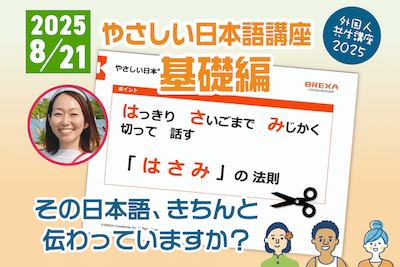
"Foreign Symbiosis Course 2025" for Japan Employees Plain Japanese Lecture (Basics) Report
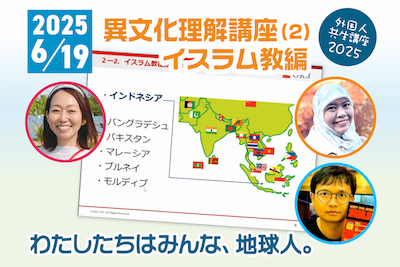
Report on the "Foreigner Coexistence Course 2025" for Japanese Employees: Intercultural Understanding Course (2) Islam
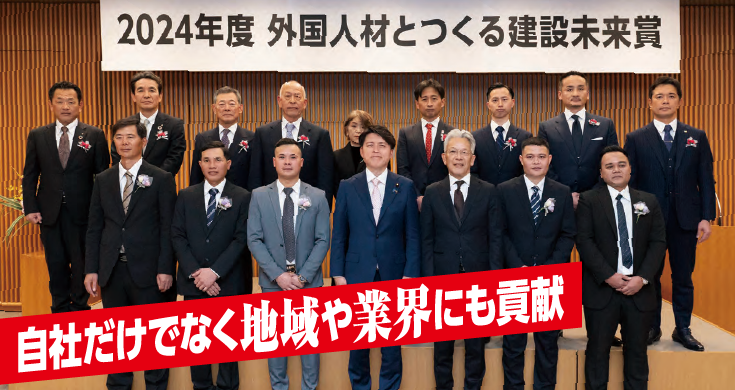
FY2024 "Construction Future Award with Foreign Talent" <Accepting Company/Organization Category> Award Ceremony Report
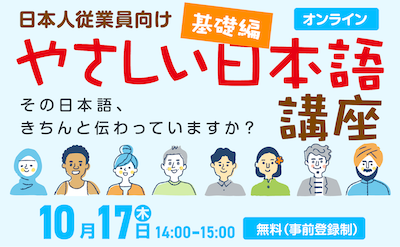
Report on the "Plain Japanese Course Basics" for Japan employees













